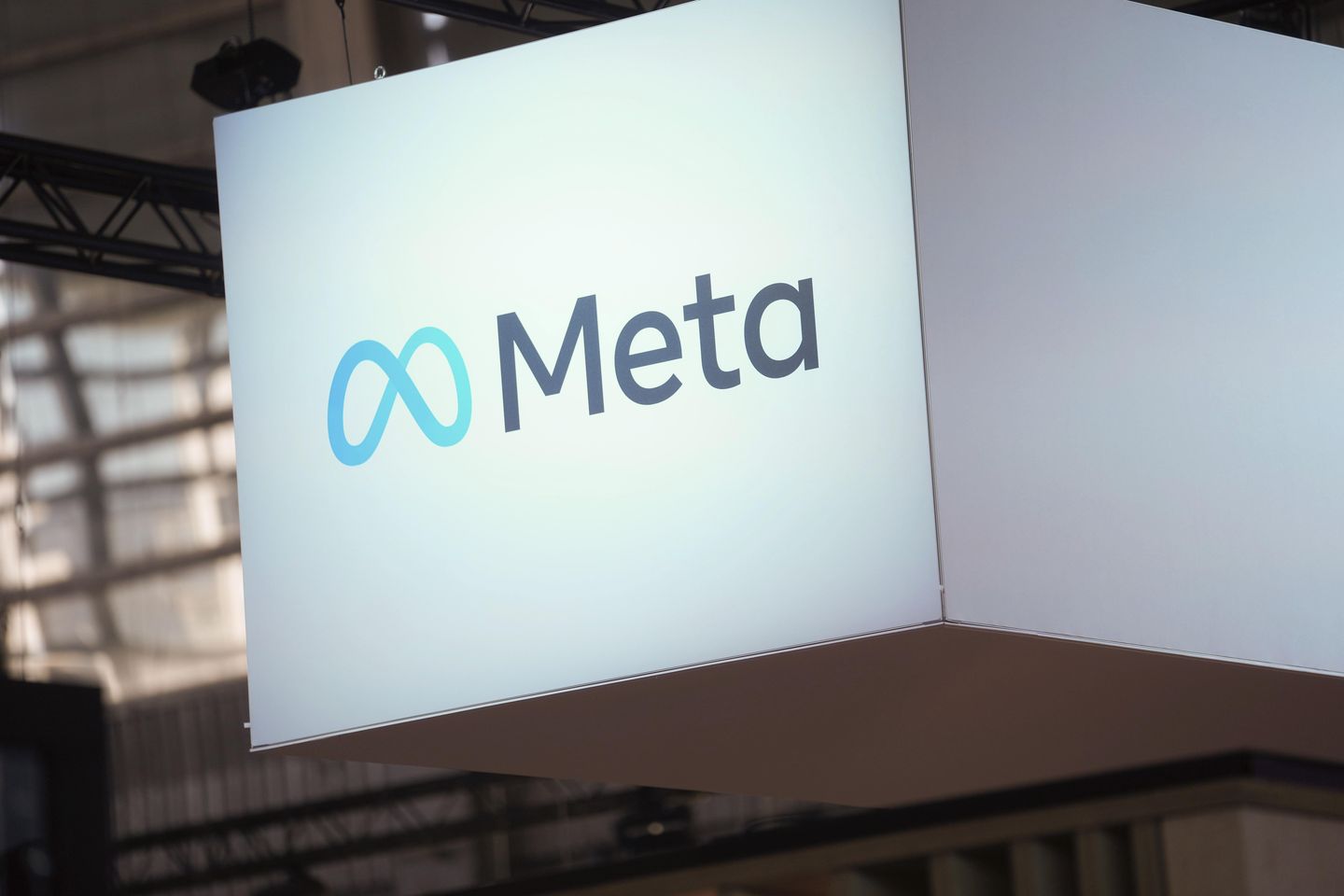The European Union has taken a significant step in cracking down on Big Tech companies by opening investigations into three major players in the industry: Apple, Google, and Meta (formerly known as Facebook). This marks the first cases being pursued under a new law that aims to prevent these companies from dominating digital markets and stifling competition. The move reflects growing concerns over the immense power and influence wielded by these tech giants, and the need to ensure a level playing field for smaller competitors.
Apple, Google, and Meta are facing scrutiny for their potentially anti-competitive practices and behavior that may have hindered fair competition in the digital market. The investigations come as part of the EU’s efforts to enforce stricter regulations on Big Tech companies, particularly in light of their growing dominance and impact on various sectors of the economy. The new law being invoked in these cases seeks to address issues such as unfair trading practices, preferential treatment of their own services, and the potential abuse of their market power to the detriment of smaller players.
The EU regulators will be looking into specific allegations against each company, including Apple’s App Store practices, Google’s advertising services, and Meta’s use of data for targeted advertising. These investigations are expected to delve into the companies’ business practices and assess whether they have violated EU competition rules by engaging in anti-competitive behavior. The outcomes of these cases could potentially have far-reaching implications not only for the companies involved but also for the broader tech industry and digital economy in Europe.
The investigations into Apple, Google, and Meta highlight the EU’s commitment to holding Big Tech companies accountable and ensuring that they comply with competition laws. By taking action against these tech giants, the EU is sending a strong message that it will not tolerate anti-competitive behavior or unfair practices that harm consumers and hinder innovation. The cases also serve as a warning to other tech companies that they will be closely scrutinized and held to account if they engage in similar practices that stifle competition and harm smaller rivals.
Overall, the investigations into Apple, Google, and Meta represent a significant development in the ongoing efforts to rein in the power and influence of Big Tech companies in the digital economy. The EU’s actions demonstrate a proactive approach to addressing potential anti-competitive practices and ensuring a level playing field for all players in the market. As the cases progress, the outcomes will be closely watched to see how they may impact the future of competition and innovation in the tech industry, both in Europe and globally.









